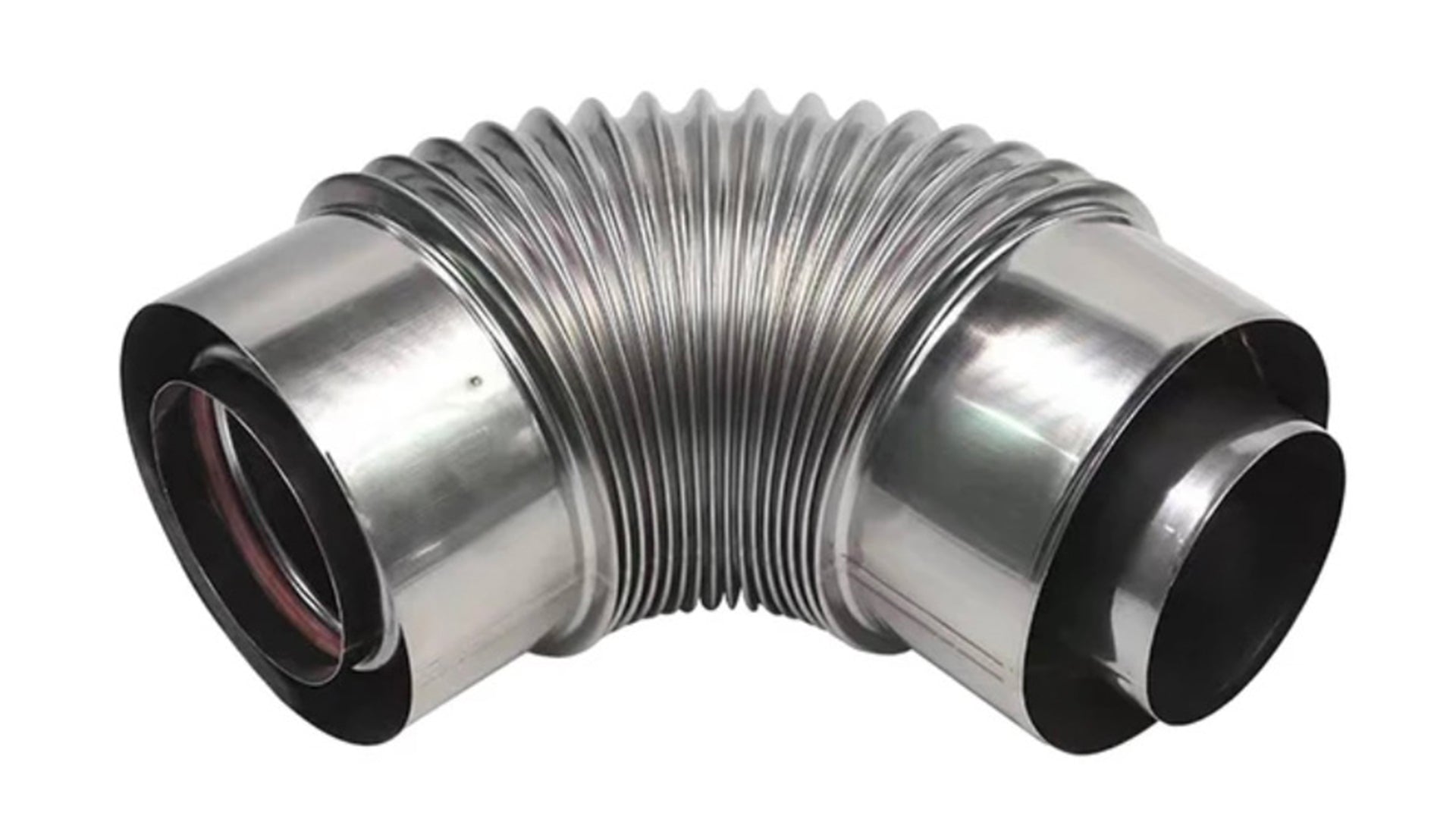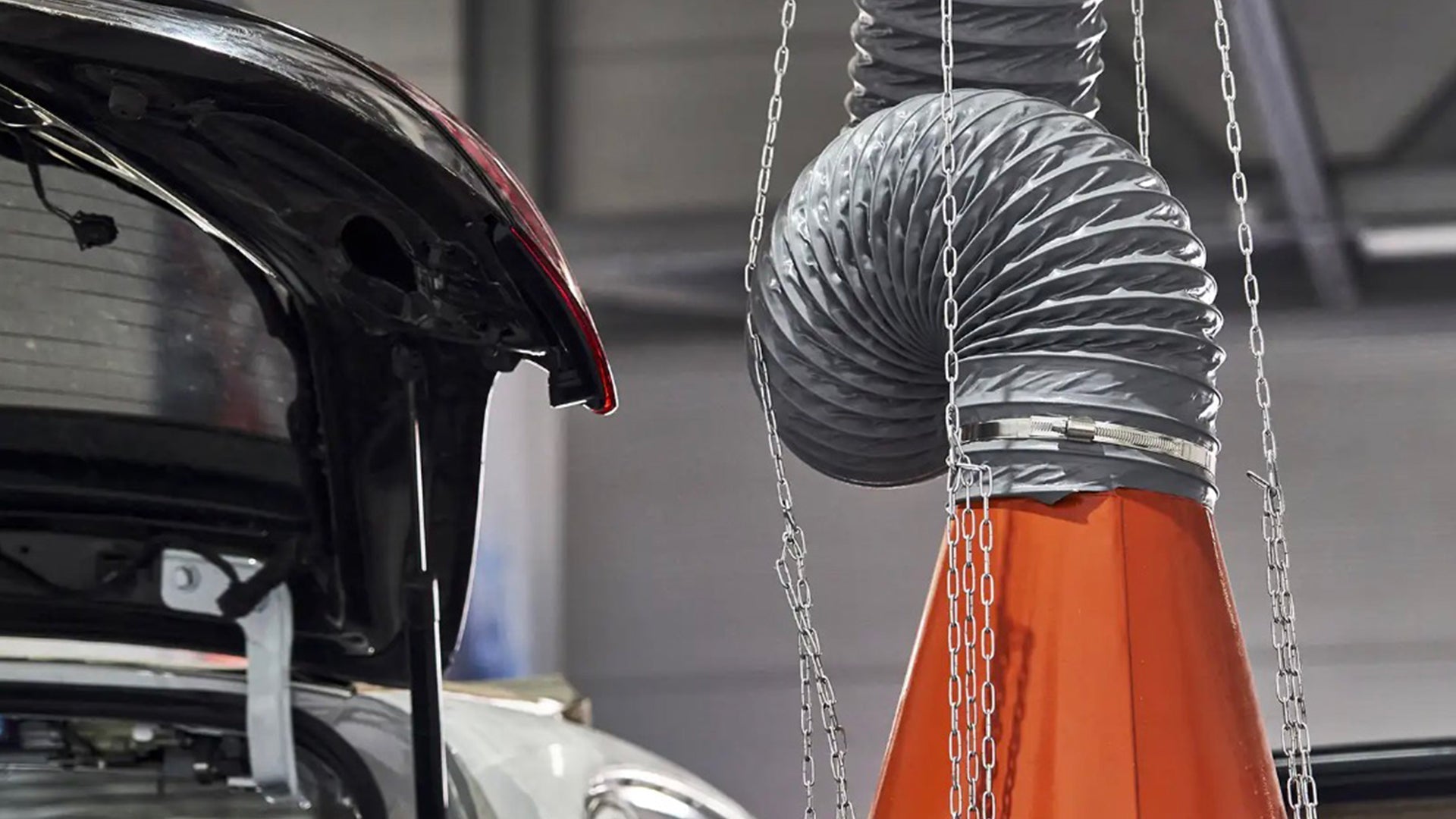1. Chemical Resistance: The Primary Advantage
One of the most significant reasons PTFE hoses are favored in chemical handling is their exceptional resistance to a wide range of chemicals. Unlike other hose materials, PTFE is virtually inert, meaning it does not react with most chemicals, including acids, bases, solvents, and gases. This non-reactivity ensures that PTFE hoses maintain their integrity and do not degrade or corrode when exposed to harsh substances.
- Compatibility with Various Chemicals: PTFE hoses can handle a vast range of chemicals, from highly acidic to highly alkaline, making them versatile for different chemical processing environments.
- Longevity and Durability: Due to their resistance to chemical attacks, PTFE hoses have a longer service life compared to hoses made from rubber, PVC, or other materials that may degrade when exposed to certain chemicals.
2. Temperature Resistance and Stability
PTFE hoses are known for their outstanding thermal stability, with the ability to withstand extreme temperatures ranging from -70°C to +260°C (-94°F to +500°F). This wide temperature range makes PTFE hoses ideal for applications involving both hot and cold fluids.
- Maintains Integrity at High Temperatures: PTFE does not degrade or lose its properties at high temperatures, making it suitable for use in environments where chemicals are processed or transferred at elevated temperatures.
- Prevents Freezing and Brittle Cracking: PTFE's low-temperature resistance ensures that hoses remain flexible and do not crack or become brittle when exposed to freezing temperatures.
3. Non-Stick and Low Friction Properties
Another unique property of PTFE is its non-stick surface, which prevents chemicals and other substances from adhering to the hose's inner walls. This characteristic is particularly beneficial in chemical handling because it minimizes the risk of blockages and contamination.
- Reduced Residue Buildup: The non-stick properties of PTFE prevent residue buildup inside the hose, ensuring a consistent flow of chemicals and reducing maintenance requirements.
- Enhanced Flow Rates: The low friction coefficient of PTFE allows for smoother flow rates, which is crucial in processes that require precise chemical handling and transfer.
4. Flexibility and Ease of Use
Despite their robust chemical resistance and thermal stability, PTFE hoses are highly flexible, allowing them to be used in applications requiring bending and twisting. This flexibility makes PTFE hoses easier to install and use in tight or complex configurations.
- Versatility in Application: PTFE hoses can be used in a variety of settings, from laboratory environments to large-scale industrial processes, thanks to their flexibility and ease of handling.
- Cost-Effective Installation: The ease of use and installation of PTFE hoses can reduce labor costs and downtime, making them a cost-effective solution for many industries.
5. Safety and Compliance
Safety is paramount in chemical handling, and PTFE hoses provide an added layer of security due to their non-reactive and durable nature. Additionally, PTFE is a non-toxic material, making it suitable for applications in the food and pharmaceutical industries.
- Reduced Risk of Chemical Leaks: The durability and chemical resistance of PTFE hoses minimize the risk of leaks or ruptures, protecting workers and equipment from exposure to harmful chemicals.
- Compliance with Industry Standards: PTFE hoses often meet stringent industry standards and regulations, such as FDA, USDA, and USP Class VI, ensuring their safety and reliability in sensitive applications.
Conclusion
PTFE hoses are preferred for chemical handling due to their unparalleled chemical resistance, thermal stability, non-stick properties, flexibility, and safety features. These advantages make them an ideal choice for industries that require reliable and durable hoses for transferring aggressive chemicals. As industries continue to evolve and demand safer and more efficient chemical handling solutions, PTFE hoses are likely to remain a top choice for many applications.



